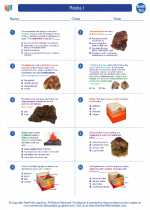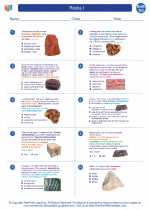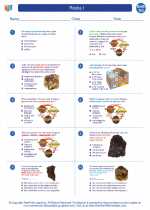Competition in Ecology
Competition is a key concept in ecology that refers to the struggle between organisms for limited resources. In any given ecosystem, there are limited resources such as food, water, and shelter, and organisms must compete for access to these resources in order to survive and reproduce.
Kinds of Competition
Competition can be divided into two main types: interspecific competition, which occurs between different species, and intraspecific competition, which occurs within a single species. Both types of competition can have a significant impact on the distribution and abundance of organisms within an ecosystem.
Interspecific Competition
Interspecific competition occurs when different species compete for the same resources. For example, multiple species of birds may compete for access to the same nesting sites or the same food sources. This type of competition can have a major influence on the structure of ecological communities and can lead to the evolution of different traits in competing species.
Intraspecific Competition
Intraspecific competition occurs within a single species, as individuals compete for the same resources. This type of competition can be particularly intense, as individuals within the same species have very similar resource requirements. Intraspecific competition can lead to a range of behaviors and adaptations that help individuals within a species to outcompete one another.
Factors Influencing Competition
Several factors can influence the intensity and outcome of competition within an ecosystem. These factors include:
- Resource Availability: The abundance or scarcity of resources can have a significant impact on the level of competition within an ecosystem.
- Population Density: As the population density of a species increases, so does the level of intraspecific competition.
- Species Interactions: The presence of other species in an ecosystem can influence the competitive interactions between organisms.
- Environmental Conditions: Factors such as temperature, water availability, and habitat type can all influence the outcome of competition within an ecosystem.
Study Guide
When studying competition in ecology, it is important to consider the following key points:
- Define competition and explain its significance in ecology.
- Differentiate between interspecific and intraspecific competition, providing examples of each.
- Discuss the factors that can influence the intensity and outcome of competition within an ecosystem.
- Consider the impact of competition on species distribution, abundance, and evolutionary processes.
- Examine specific case studies or examples of competition in different ecological contexts, such as terrestrial, aquatic, or symbiotic relationships.
Understanding competition is essential for comprehending the dynamics of ecological communities and the ways in which organisms interact with one another and their environment.
[Competition] Related Worksheets and Study Guides:
.◂Earth Science Worksheets and Study Guides High School. Rocks I

 Worksheet/Answer key
Worksheet/Answer key
 Worksheet/Answer key
Worksheet/Answer key
 Vocabulary/Answer key
Vocabulary/Answer key
 Vocabulary/Answer key
Vocabulary/Answer key
 Vocabulary/Answer key
Vocabulary/Answer key
